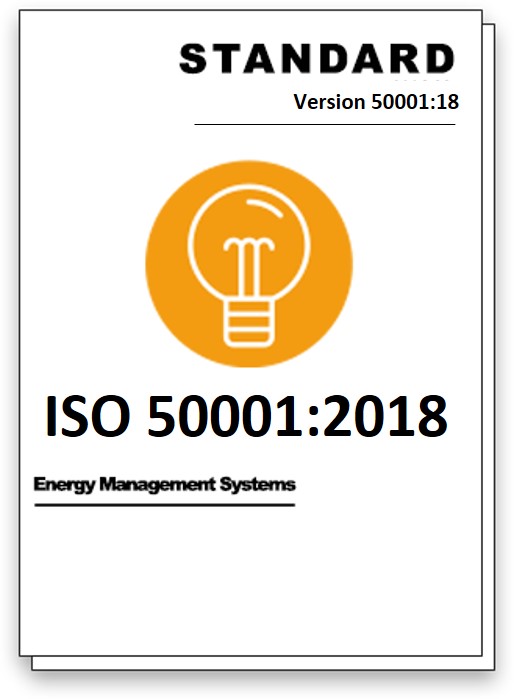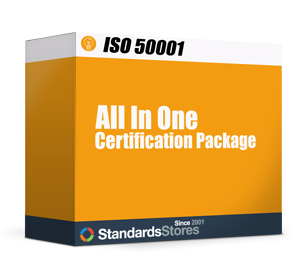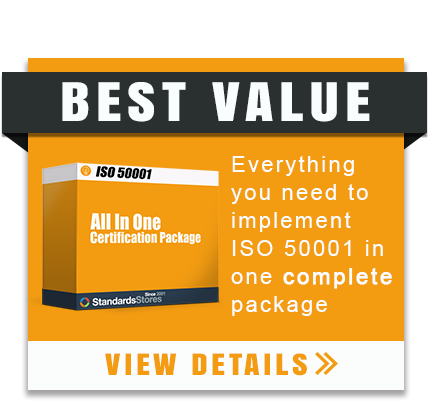DOE Updates ISO 50001 Programs to New Standard
America’s industrial, commercial, and institutional organizations that implemented energy management systems using the original ISO 50001 standard have achieved validated energy performance improvements averaging 4.5% annually. More importantly, DOE analysis indicates that these savings persist over time given how a 50001 energy management system becomes an integral part of an organization’s business practice and culture.
“ISO 50001:2018 places a stronger emphasis on the role of top management because of its importance to instilling an organizational culture change,” stated Roland Risser, Chair of the ISO technical committee that developed the standard. “It is also now aligned with ISO’s requirements for management system standards, making it easier to integrate into an organization’s existing management systems.”
The ISO 50001:2018 revisions are designed to increase compatibility with other ISO management system standards, such as ISO 9001:2015, ISO 14001:2015, and ISO 45001:2018 as well as the following improvements:
- Alignment with ISO’s “high-level structure” to readily integrate with other management system standards to better analyze risk, trends, competitiveness, and other strategic business issues.
- Greater focus on the demonstration of continual, measurable improvements in energy performance.
- Normalization of variables affecting energy performance.
- Clarified terms, definitions, and content organization.


 Buy a Copy of the ISO 50001:2018 Standard
Buy a Copy of the ISO 50001:2018 Standard
